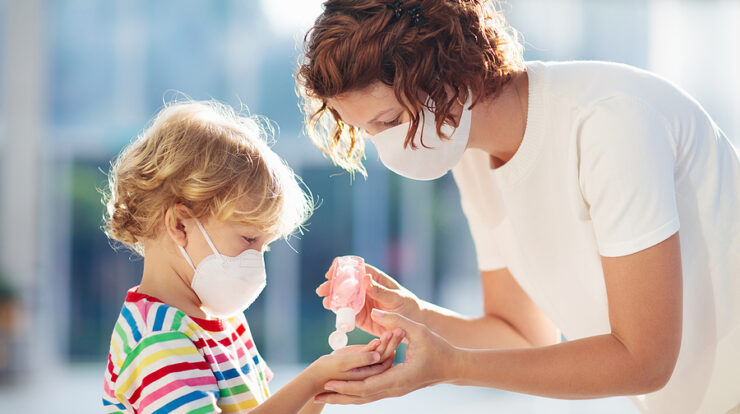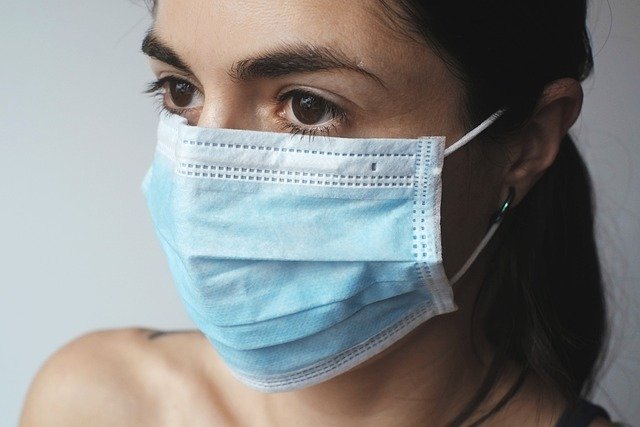
Submitted by the Baylor College of Medicine…
Masks have become an essential accessory since the beginning of the pandemic, but it turns out that they protect us from more than just COVID-19. According to an allergy expert at Baylor College of Medicine, masks also are effective at reducing seasonal allergies.
Symptoms of allergic rhinitis (itchy and watery eyes, runny nose, congestion, sneezing) are caused by inhaling triggering allergens like tree and grass pollen.
“Anything that reduces your exposure to airborne allergens, such as masks, will reduce your allergy symptoms by blocking exposure to the agent you are allergic to,” said Dr. David Corry, professor of medicine in the section of immunology, allergy and rheumatology at Baylor.
Corry explains that wearing masks for allergy symptoms have been advised even before the pandemic, such as using them while mowing the lawn if you are allergic to grass.
“Masks have been recommended for many years to protect against exposure to airborne allergens and other harmful substances,” Corry said.
When it comes to using masks to help with allergies, Corry recommends wearing a clean mask to avoid breathing in extra bacteria. Make sure it fits you properly so that the mask can block against the vast majority of allergen particles.
“Reusing old masks is not recommended because bacteria and fungi can grow in a dirty mask,” Corry said. “Inhaling bacteria, fungi and their waste products can definitely worsen allergies.”
Although masks should reduce most allergy symptoms, there is a possibility that some particles that can trigger reactions are small enough to pass through. They also might be less effective for allergic diseases like airway mycosis where fungi grow in the airways.
“In these rare instances, you might need something far more sophisticated, such as a respirator unit that removes essentially all particles and noxious vapors or gases,” Corry said.
If you begin experiencing symptoms that are different from normal allergies, make sure to know the differences between allergies and COVID-19.

